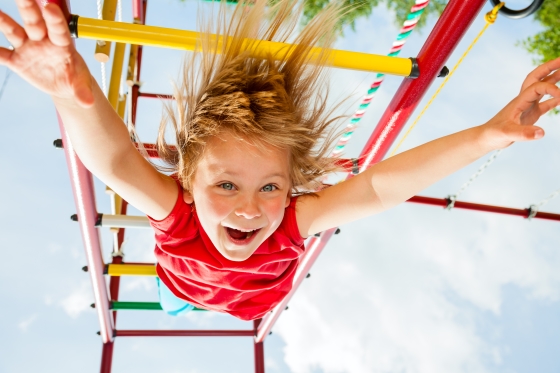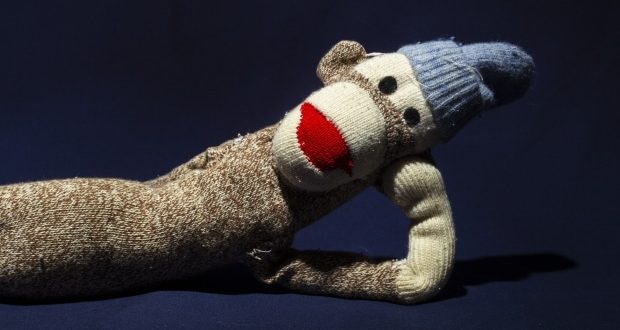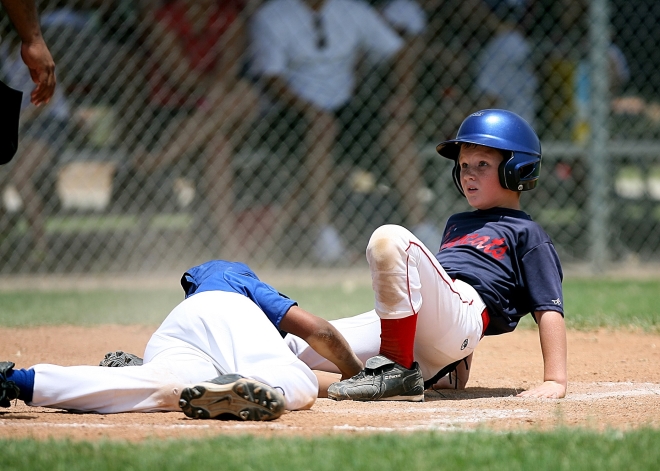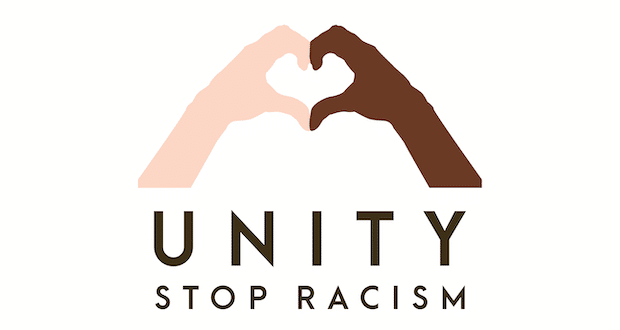Playground Concussions
A playground is a fun place for kids to exercise, enjoy the great outdoors and spend time with friends. However, this fun place can quickly turn into a danger zone when proper care is not exercised.
Luckily, when you are more aware of the potential of these injuries and take additional precautions, you can help prevent many of these accidents from happening.
We’ve put together some vital information that can help you, as a parent or guardian, know what to look for on playgrounds, a few safety precautions you may want to insist upon for your children and how to identify TBIs when they’ve occurred.
Playgrounds – What to Look for and What to Avoid
When you choose a place for your child to play, you want the safest possible playground. According to information found on kidshealth.org, these are five things you should check for when identifying safe playground areas:
- Surface – A well-maintained surface with “give” is the most reliable choice. Surfaces with give can include wood chips, gravel, sand or shredded rubber.
- Cleanliness – Check the playground has no dangerous materials like broken glass or metal shards.
- Design – Equipment is often designed for different age groups. Make sure there’s a safe and fun play area for the age of the child who will be playing.
- Moving Parts – Swings, see-saws, merry-go-rounds and other equipment with moving parts should be in good working order and all parts should be well maintained. Additionally, there should be plenty of walking space around these objects to avoid accidents.
- General Maintenance – Metal equipment should not be rusty. Wood equipment should be free of splinters. If the equipment is in direct sunlight, a shade should be available to prevent having the playing surface become overheated.
Safety Precautions for Playgrounds
Once you’ve chosen a playground that seems safe, you have work to do in keeping your child from danger. Even the safest playground can pose risks when care is not taken.
Teach your kids to follow these simple precautions and there will be much less chance of a playground accident – small OR large.
- Never roughhouse on playground equipment. Games of tag or hide and seek should be played away from the climbing equipment, too.
- Use equipment the way it was intended. Go down slides feet first; sit, don’t stand, on swings.
- Keep backpacks, lunch boxes, and other items away from the playground area.
- Wear safe clothing. Make sure clothes don’t have drawstrings that can get caught on equipment. Loose clothing can also be a hazard.
- Use only dry equipment, wet equipment can be a danger to slip.
- If other children are playing nearby in an unsafe manner, find a different place to play. It’s not worth taking a risk.
How to Tell if a Concussion Occurred
If an accident does occur on the playground, it’s important to check out the involved child or children to make sure there are no serious injuries. A concussion can be a serious problem and lead to long-term traumatic brain injury – especially if multiple concussions occur during childhood.
That is why every parent or caregiver should know the signs and symptoms of a concussion.
Even a seemingly minor bump can result in health concerns.
So, it’s vital after any injury occurs the injured child is carefully watched for the following symptoms (according to Mayoclinic.com):
- A headache or head pressure
- Loss of consciousness
- Confusion or fogginess
- Amnesia or memory loss around the traumatic event
- Dizziness
- Ringing in the ears
- Nausea or vomiting
- Slurring of speech
- Difficulty answering question
- Dazed appearance
- Fatigue
What to Do if You Suspect a Playground Concussion
If you believe a child (or anyone) has suffered a concussion, it’s important to have the person seen by a professional as soon as possible. If you suspect a concussion, seek emergency care just to make sure everything is okay.
If the injury is minor and the child doesn’t show any unusual symptoms after the fact, taking a wait-and-see approach is probably okay. In this case, you may want to contact your child’s doctor and let him or her know the accident happened, but rushing to the emergency room is not usually necessary.
Long Term Repercussions of Playground Injuries and Concussions
One of the biggest medical stories in the news today has to do with the long-term impact of concussions on the human brain. With children, this may only be more impactful.
With over 500,000 children visiting emergency rooms each year with traumatic brain injuries (according to weillcornellconcussion.org), including concussions, it’s important to be aware of the impact that these injuries can have on the child in the future as well.
Having this syndrome means a person is more likely to experience future concussions after they have received the first.
Therefore, a child who is injured because of a playground accident may have to take it easier in sports and other activities to avoid serious injury. Additionally, some studies show those who have experienced concussions are more likely to have dementia late in life. Only a doctor or other professional can determine what is or is not safe for a child who has suffered a concussion.
As you can see, there’s a lot to think about when it comes to playground safety – especially when it comes to avoiding (and treating) concussions and other TBI’s. Hopefully, you won’t have to deal with this unfortunate situation, but you should educate yourself nevertheless about ways you can prevent a playground injury.






